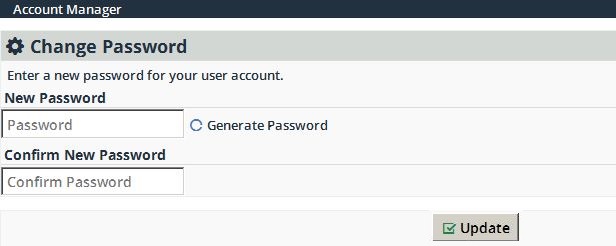
The formats of passwords have recently become a lot more demanding and the organizations forcing us to have passwords have made us run a truly nasty gantlet (look it up!). The nastiness seems to be a recent phenomenon, perhaps a result of all the major hacking attacks in the last few months. One of the latest dirty tricks is to provide two boxes, one for entering the password (which blanks out your entry) and another for confirming it (which also blanks out your entry), as well as a third alternative of letting the organization create the password for you. As you make the first entry, you get nasty comments that your password is not strong enough, forcing you to make changes until you have satisfied the demand. Even if you have carefully noted the approved password, by now it is a challenge to enter it exactly in the confirmatory box. And people are now finding that, in fact, these organizations do not want you to select your own password, and you MUST let the organization chose one for you. It is not the end of the world, but (a) if you have your own system for creating passwords you will NEVER succeed in getting one, and (b) why bother to offer to let you create your own?
Honorable Contributor: Wild Bill
